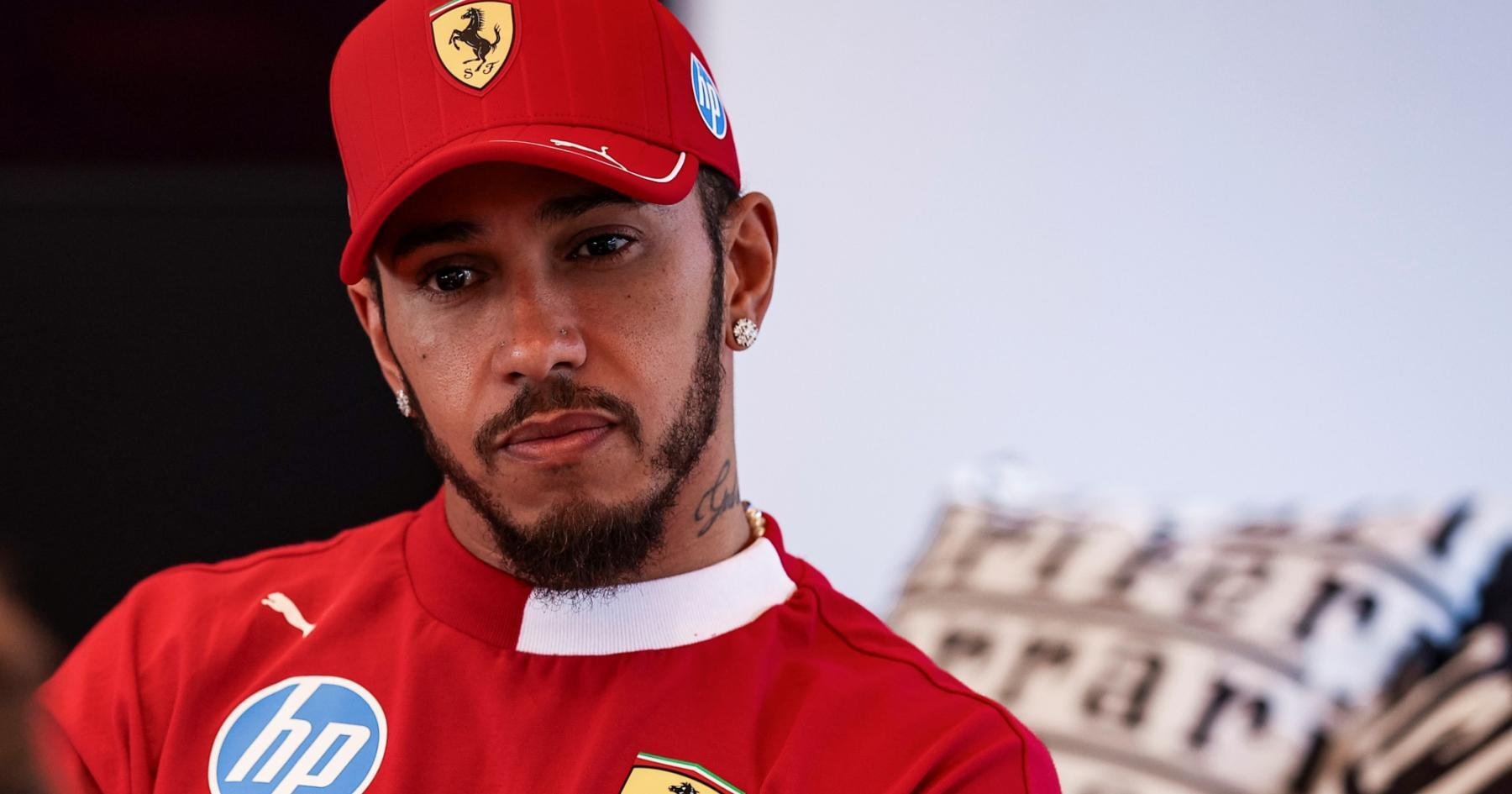Much like Subby chastising Dr. Suess for not understanding children, Ralf Schumacher steps up to criticize 7-time world-champion driver Lewis Hamilton about his conduct at Ferrari
Why it matters
- Ralf Schumacher, a former Formula 1 driver, has publicly criticized Lewis Hamilton for his behavior concerning Ferrari's ongoing performance issues.
- This critique highlights the tension within the racing community regarding sportsmanship and the responsibilities of elite drivers.
- Hamilton's status as a seven-time world champion places additional scrutiny on his conduct, potentially influencing public perception and team dynamics.
In a recent statement, former Formula 1 driver Ralf Schumacher has taken the opportunity to voice his concerns regarding Lewis Hamilton’s behavior in relation to the challenges faced by Scuderia Ferrari. Schumacher, who himself has a storied history in racing, expressed his disappointment in Hamilton’s approach, drawing parallels to a well-known critique of Dr. Seuss's understanding of children. The comments come at a time when Ferrari has been grappling with performance issues, prompting discussions around accountability and sportsmanship within the competitive arena of Formula 1.
Schumacher’s remarks were particularly pointed, suggesting that Hamilton, despite his impressive accolades, has failed to grasp the complexities and pressures that come with a team like Ferrari. The seven-time world champion, known for his exceptional driving skills and competitive spirit, has been under scrutiny not just for his performance on the track but also for how he interacts with rival teams in an increasingly competitive environment.
Ferrari, a team steeped in history and tradition, has found itself struggling to keep pace with the frontrunners in recent seasons. This has led to frustration among fans and analysts alike, who expect the team to leverage its storied legacy into results on the circuit. In the midst of this turmoil, Hamilton’s comments, which some perceive as dismissive towards Ferrari’s struggles, have sparked a debate about the role of elite athletes in shaping the narrative of the sport.
Ralf Schumacher highlighted that Hamilton, given his status, should be more considerate in his public statements regarding rival teams. He emphasized that the dynamics of Formula 1 are not merely about speed and skill but also involve a significant amount of psychological interplay. In this context, Schumacher believes that Hamilton's remarks could be seen as undermining the efforts of those who are working tirelessly to improve their team's performance.
The criticism from Schumacher reflects a broader concern within the Formula 1 community about the responsibilities athletes hold as public figures. As one of the sport's most recognizable faces, Hamilton's words carry weight, and how he chooses to express his opinions can influence both fans and the teams involved. The expectation is that champions should exhibit a level of sportsmanship that transcends the competitive nature of racing.
While Hamilton's competitive instincts are understandable, especially given his lengthy and successful career, Schumacher's comments serve as a reminder that empathy and respect for all competitors are vital components of sportsmanship. The tension between Hamilton and Ferrari has been palpable, especially given the team's attempts to regain its former glory amidst the current performance landscape.
This situation raises an important question: how should champions conduct themselves when discussing rivals who are struggling? As the sport evolves, the expectations for conduct should also be adjusted to reflect the values of respect and integrity that underpin competitive sports. This dialogue is essential not just for the athletes but for the fans who look up to them as role models.
In summary, Ralf Schumacher's critique of Lewis Hamilton underscores the ongoing challenges within Formula 1, particularly in relation to how drivers communicate about their competitors. As the racing season progresses, it will be interesting to observe whether Hamilton adjusts his approach in light of these comments and how this affects the broader narrative surrounding Ferrari's performance and the competitive spirit of the sport.











